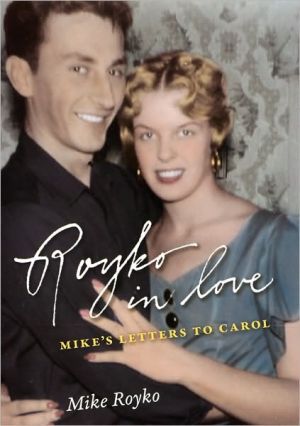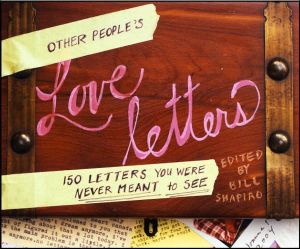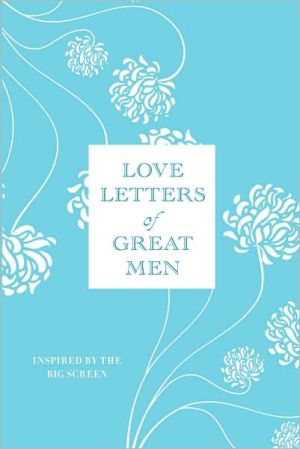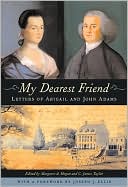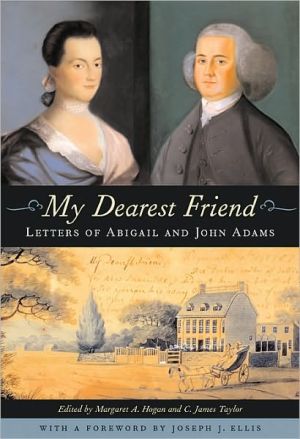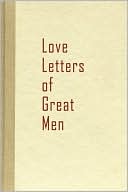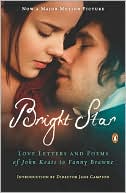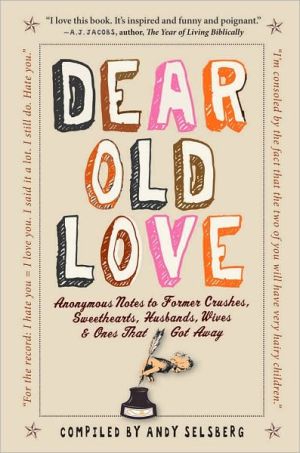Royko in Love: Mike's Letters to Carol
Street-smart, wickedly funny, piercingly perceptive, and eloquent enough to win a Pulitzer Prize, Mike Royko continues to have legions of devoted fans who still wonder “what Royko would have said” about some outrageous piece of news. One thing he hardly ever wrote or talked about, though, was his private life, especially the time he shared with his first wife, Carol. She was the love of his life, and her premature death at the age of forty-four shook him to his soul. Mike’s unforgettable...
Search in google:
Street-smart, wickedly funny, piercingly perceptive, and eloquent enough to win a Pulitzer Prize, Mike Royko continues to have legions of devoted fans who still wonder “what Royko would have said” about some outrageous piece of news. One thing he hardly ever wrote or talked about, though, was his private life, especially the time he shared with his first wife, Carol. She was the love of his life, and her premature death at the age of forty-four shook him to his soul. Mike’s unforgettable public tribute to Carol was a heart-wrenching column written on what would have been her forty-fifth birthday, “November Farewell.” His most famous and requested piece, it was the end of an untold story.Royko in Love offers that story’s moving and utterly beguiling beginning in letters that “Mick” Royko, then a young airman, wrote to his childhood sweetheart, Carol Duckman. He had been in love with her since they were kids on Chicago’s northwest side, but she was a beauty and he was, well, anything but. Before leaving for Korea, he was crushed to hear she was getting married, but after returning to Blaine Air Force Base in Washington, he learned she was getting a divorce. Mick soon began to woo Carol in a stream of letters that are as fervent as they are funny. Collected here for the first time, Royko’s letters to Carol are a mixture of sweet seduction, sarcastic observations on military life, a Chicago kid’s wry view of rural folk, the pain of self-doubt, and the fear of losing what is finally so close, but literally so far. His only weapons against Carol’s many suitors were his pen, his ardor, and his brilliance. And they won her heart.Wisconsin State Journal “A book that will delight and surprise Royko fans.”—Wisconsin State Journal
AcknowledgmentsIntroductionPrologue: A November FarewellThe Letters: Part One 1Another year and another letter"Letters, February 1, 1954 August 24, 1954 3The Letters: Part Two 97"My darling, as soon as possible be with me again"Letters, September 23, 1954 November 2, 1954 99The Letters: Part Three 173"Hello My Sweet Wonderful Wife"Letters, November 12, 1954 January 14, 1955 175
\ Chicago ReaderMike Royko's letters burn with the passion and obsession of the moment. It is a state older men remember as happiness because they would be so happy to feel anything that intensely again.”\ — Michael Miner\ \ \ \ \ \ Wisconsin State JournalA book that will delight and surprise Royko fans.\ \ \ Maclean'sA collection of warm, fervent love letters written by a man who later made a rather good living out of writing—though not about love. Mike Royko never shared his private life with his legion of newspaper readers, but they came to know him as a perceptive, chain-smoking, funny-but-fearless champion of the underclass, and a thorn in the side of the Chicago politicians he took delight in spearing. He became a celebrated syndicated columnist and a Pulitzer Prize winner, but the love letters written in 1954 to woo Carol, his childhood sweetheart, were likely the most important assignment of his life. He sure wrote like it was.\ — Jane Christmas\ \ \ \ \ \ Chicago Sun-TimesCollected and edited by David [Royko], the 114 missives—alternately happy and sappy, angry and jealous, funny and serious, comprise the newly released Royko in Love. They were penned, pre- and post-nuptials, over the course of around 10 months and are rife with the cutting wit and wry cynicism for which Royko would one day become renowned.\ — Mike Thomas\ \ \ \ \ \ Los Angeles TimesRoyko reached for his pen and went after Carol with a fever, displaying the same level of pursuit he would later employ in chasing bureaucrats and political hacks. . . . The Royko cadence was already locked in — simple, unadorned sentences that don't show the sweat behind them and are marked by a near-poetic lack of pretense. Even then, barely old enough to vote, he made it look effortless.”\ — Steve Lopez\ \ \ \ \ \ Lois Wille“For 30 years Mike Royko's newspaper columns made life miserable for bad guys in politics and business, and brightened the day for readers across the country. But for him, the most important words he ever wrote are the ones in this book: his letters to the beautiful girl he had loved from afar since he was 9 and she was 6. He was, as his son David says, a Cyrano de Bergerac in an airman's uniform, a 21-year-old Chicago kid using his pen to express what he couldn't say in person. It worked. He won her heart, and this book will win yours, too.”\ \ \ \ \ \ Roger Ebert"Mike Royko wrote love letters to his readers every day, and maybe this is how he got started."\ \ \ \ \ \ Library JournalDavid Royko, son of the famous Pulitzer Prize-winning columnist (1932–97) who wrote for three Chicago papers, here presents his father's letters to his mother, starting before they were married and well before Mike Royko became famous. "Mick" had loved Carol Duckman since boyhood, but she married someone else. When, while he was in the air force, he learned that she was divorced, he began to write her, declaring his love and embarking on his courtship. The 114 letters here extend from February 1954 through January 1955, by which time the couple was married. The letters (Carol's letters to Mike have not survived) are endearing and often funny, as they provide a glimpse into the mind and personality of young Mike. He details his life on the Washington Air Force base, his feelings about the military, and his love for Carol. As editor, David offers commentary throughout to provide context. Mike's most famous column, "November Farewell," serves as the book's prolog, the piece he wrote after Carol's early death in 1979; she was only in her forties. VERDICT This book will appeal most to ardent fans of Mike Royko, of whom there are many, particularly around Chicago. General readers would have been better served if David had provided even more extensive context.—Sharon M. Britton, Bowling Green State Univ. Lib., Huron, OH\ \
